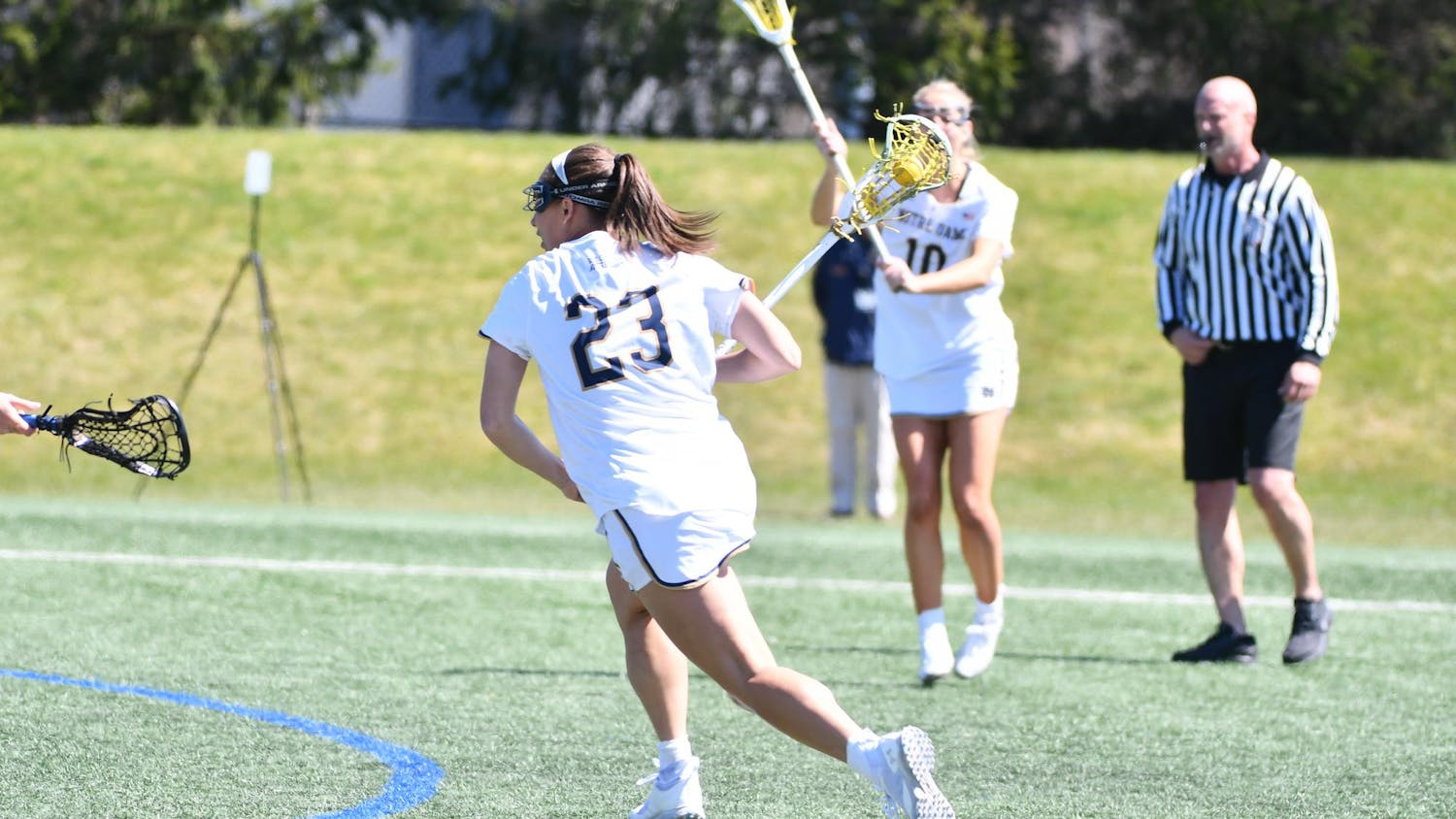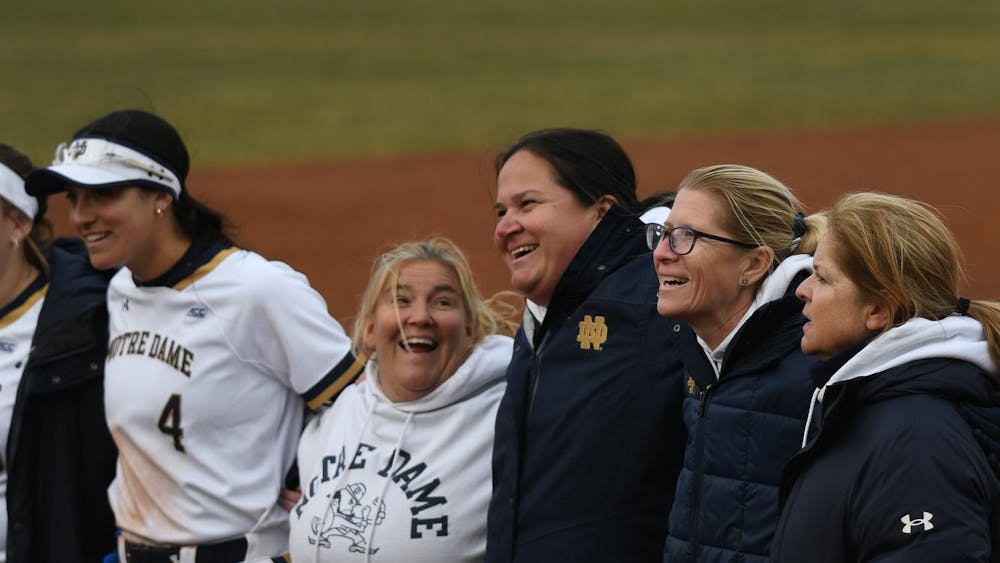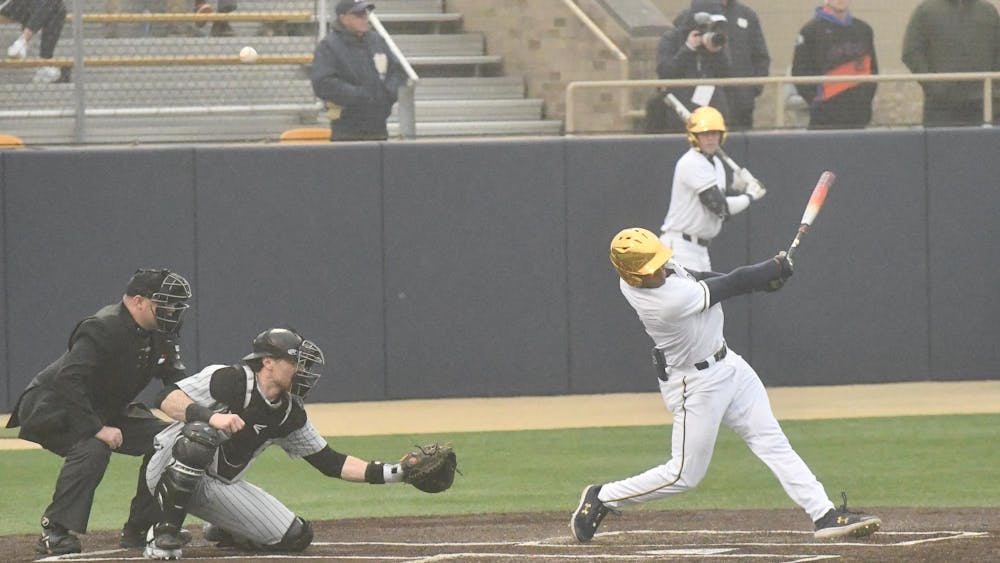Although the college basketball season is less than one week old, one game has already served as an important indicator of the direction in which this season might go.

No, it wasn't last night's epic No. 1 vs. No. 2 showdown between Kentucky and Michigan State, although most fans certainly hope the rest of the year trends that way. Nor was it last night's Kansas-Duke game that showcased the talents of freshman phenoms Andrew Wiggins and Jabari Parker.
Rather, it was a game that took place Saturday between Seton Hall and Niagara. Few outside the New York City area would even know the game took place, and I only casually followed along because both of my parents have degrees from Seton Hall and I grew up a Pirates fan.
A quick glance at the score, an 83-72 Seton Hall win, probably leads you to believe the game was your typical preseason tune-up in which a big conference school takes care of business against a low-major team. A quick glance at the box score, however, reveals some truly horrifying numbers.
73 - the number of fouls called
102 - the number of free throws attempted in the game
148 - the number of minutes it took to complete the game

Why are these numbers significant? They're likely to become more commonplace this season after NCAA rule changes in the offseason altered the way officials will call games going forward.
Concerned by reports that scoring average and fouls in college basketball reached an all-time low last season, the NCAA instituted new rules aimed at reducing overly physical play when it met in June.
The first set of these rules instructs officials to call fouls on defenders who use such tactics as hand-checking, putting two hands on an opponent or bending their elbows to create what is known as an arm bar in order to impede the progress of the ball handler. The second set creates a distinction between block and charge calls.
In all fairness to the NCAA, these rules definitely have some merit. They'll hopefully teach players to learn to defend with their feet instead of wildly slapping at dribblers. They should help boost scoring back to its historical norms and cut down on overly physical games that look more like rugby scrums than hardwood showdowns.
However, as with many other NCAA measures, the organization's implementation of the rules has been inconsistent at best and poor at worst. The Seton Hall-Niagara game is just one example of the many foul-fests that have already occurred this season - there were 59 fouls in the Georgetown-Oregon game Friday and 55 in the Boston College-Providence overtime matchup that same day.
From the ornery Jim Boeheim at Syracuse to the laid-back Shaka Smart at Virginia Commonwealth, coaches have decried the rule and the excessive adjustments they feel it has caused their team to make. The best quote about the rule changes came from the always-colorful Larry Eustachy at Colorado State, who said last month at the Mountain West Conference's media day, "If you pay to go see Celine Dion, she's not going to be fouled out at intermission. You pay to see [former Colorado State center] Colton Iverson; you may only see four minutes of him. He may get two quick fouls, and he has to sit the whole half."
Eustachy's odd musical choices aside, the coach brings up a good point - the fans are the ones who will really lose from these rule changes. Even the biggest diehards don't want to see free throws every 30 seconds, and few fans want to sit through college games that last as long as some professional baseball games.
Some referees have suggested this season's early games just represent growing pains and that the flow of the game should improve as March Madness draws near.
As the ultimate interpretation of the new rules belongs to the zebras, I suggest they drop their strict adherence to the rules and find a happy medium between blowing their whistles every time contact is made and letting players get away with assault under the basket.
If they do that, offensive production will still go up, the bulk of the game's action won't take place at the free-throw line and the only people crying foul in response to the new rule changes will be the referees.
And that's the way it should be.
Contact Brian Hartnett at bhartnet@nd.edu.
The views expressed in this Sports Authority are those of the author and not necessarily those of The Observer.












